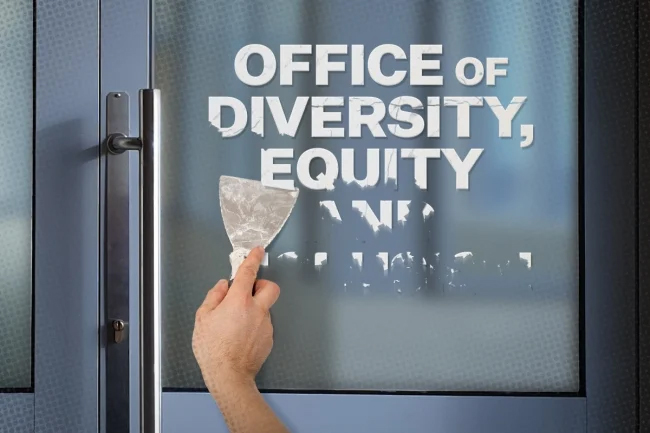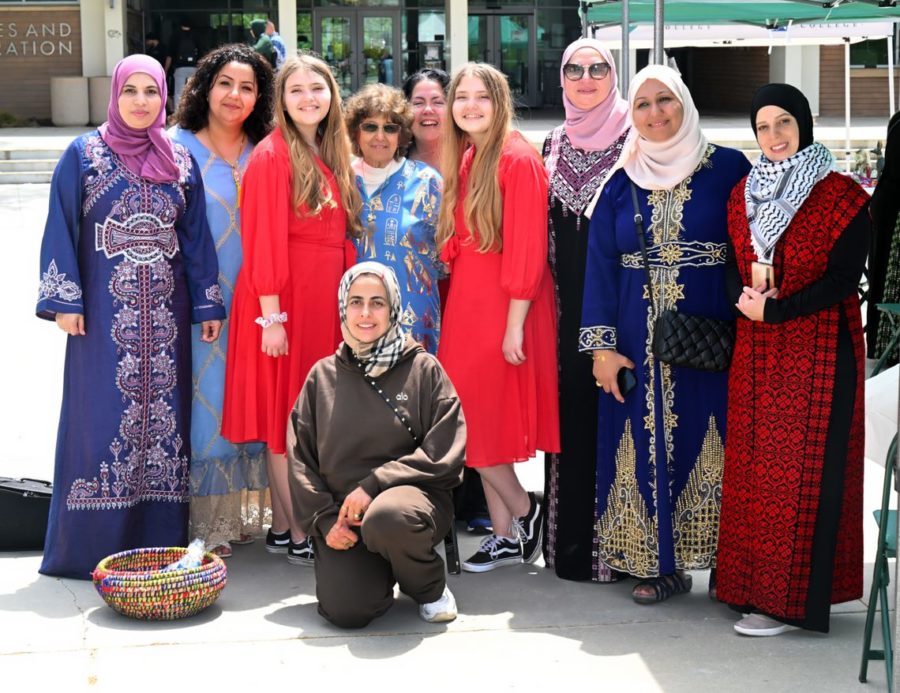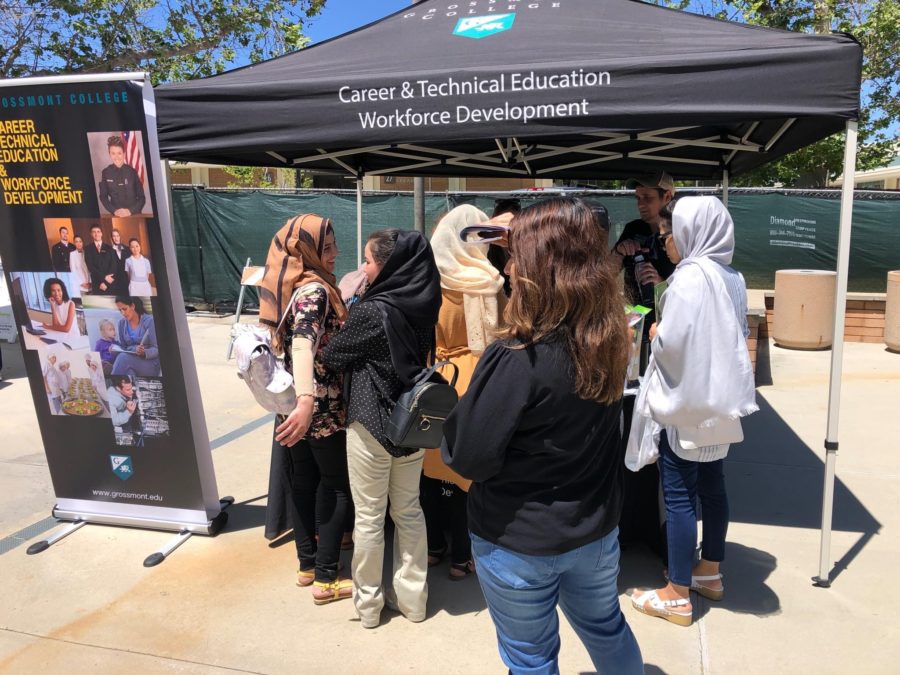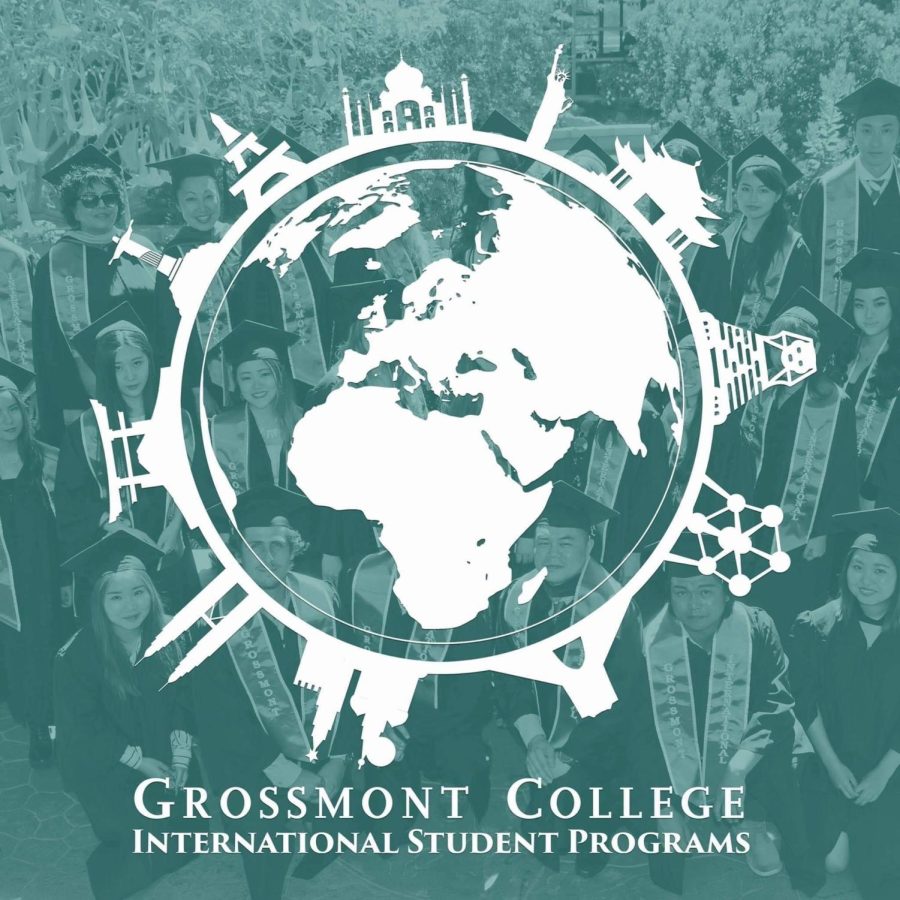
The International Admissions office at Grossmont College emailed its students regarding the executive order issued by President Donald Trump on Jan. 20, stipulating that the Department of Homeland Security (DHS), through U.S. Citizenship and Immigration Services (USCIS), requires certain non-citizens to apply for registration and fingerprinting effective April 11, 2025.
But concretely, what does it mean? Accordingly to the new presidency, this executive order requires all undocumented immigrants 14 years of age and older who were not registered and fingerprinted when applying for a U.S. visa and remain in the United States for 30 days or longer to apply for registration and fingerprinting (except if waived). Once registered and fingerprinted, the Department of Homeland Security will issue evidence of registration, which each individual over 18 must carry and keep with them at all times. Failing to comply with this law may result in criminal and civil penalties, including misdemeanor prosecution, fines and incarceration.
International students who have completed the registration process with fingerprints at the visa application and entered the U.S. at a port of entry do not need additional documents.
Grossmont’s International Admission Specialist Yumiko Hudson has invited students through email to take action and keep their most recent I-94 (an official document that shows they are legally admitted to the U.S.), along with an original passport showing an F-1 visa and their I-20 at all times. She also encouraged students who are moving or making changes to update their contact information, including phone number, email address and physical address, within 10 days after the change.
“For international (students), it has always been the law; it is just stricter,” Hudson said.
For students leaving the United States this summer to return home, the international admissions office didn’t want to send a “scary” email discouraging them from leaving. Students heading home will have a face-to-face conversation with the Immigration and Customs Enforcement (ICE), and no one can predict what is going to happen, Hudson said.
“Students are free to leave and return home, but we just want them to know the risks,” Hudson said. “A student can travel but needs to know that he may or may not be able to re-enter the U.S.”
If there is a blockage at the airport, immigration services may reach out to Grossmont College’s international office to verify the student’s registration status and compliance with regulations. This is the sole method by which Grossmont can assist in such cases.
It’s important for international students to be prepared by keeping their contact information updated with their Designated School Official (DSO) and having their most recent I-94, I-20 and passport (visa) with them at all times, even when going to the gym. You never know when or where ICE may question you, and failing to show these documents during questioning can result in fines or detention.
For more information, refer to the U.S. Citizenship and Immigration Services website, uscis.gov/alienregistration, or consult the email sent by the International Admission Office. You can also email [email protected] or visit Building 60 for walk-ins.








